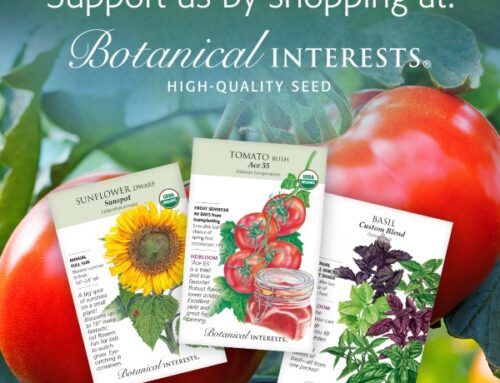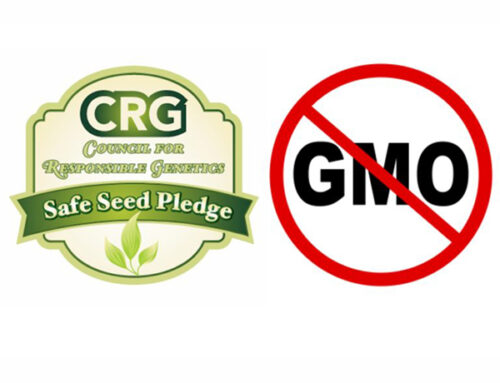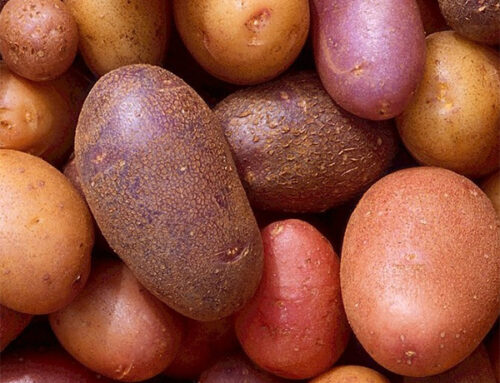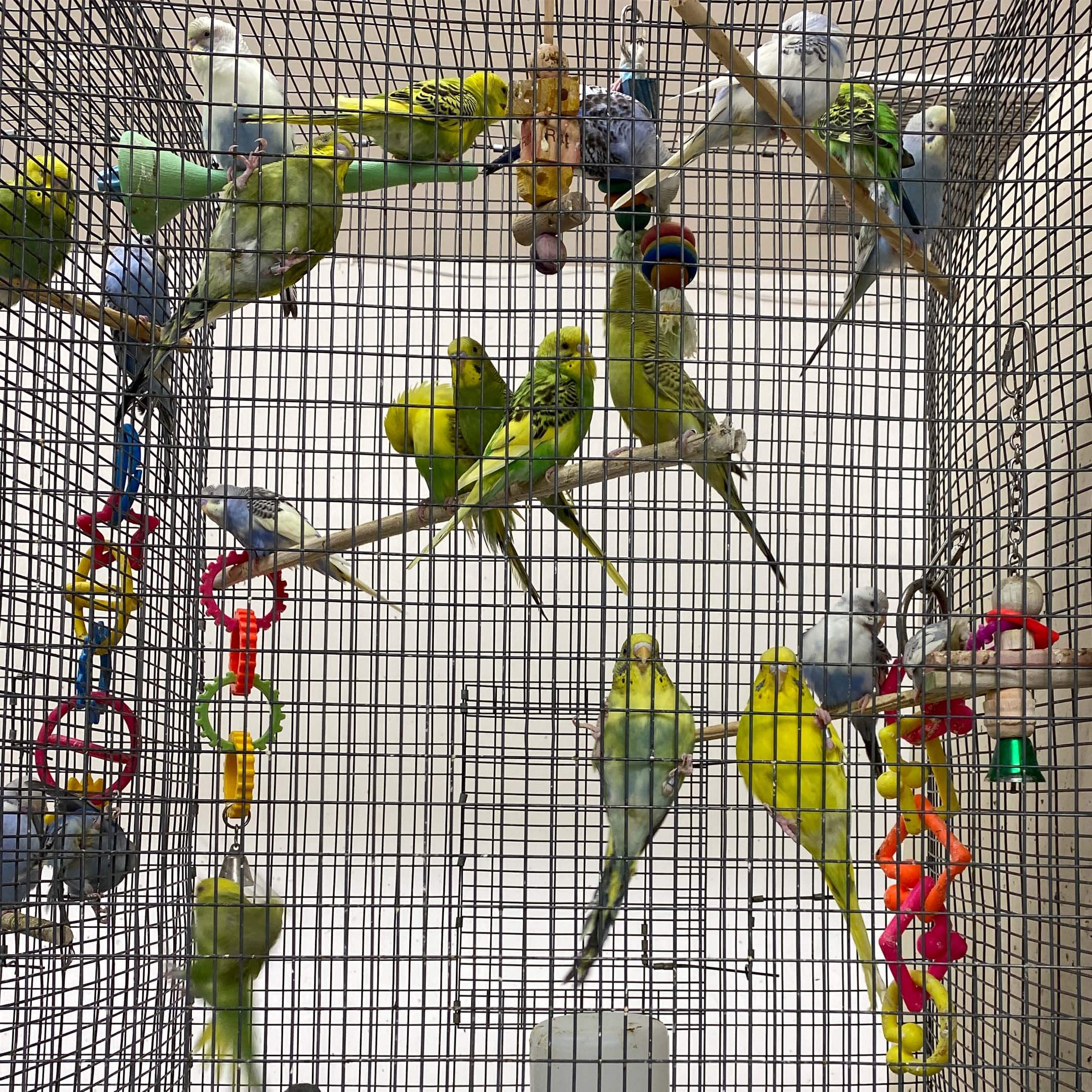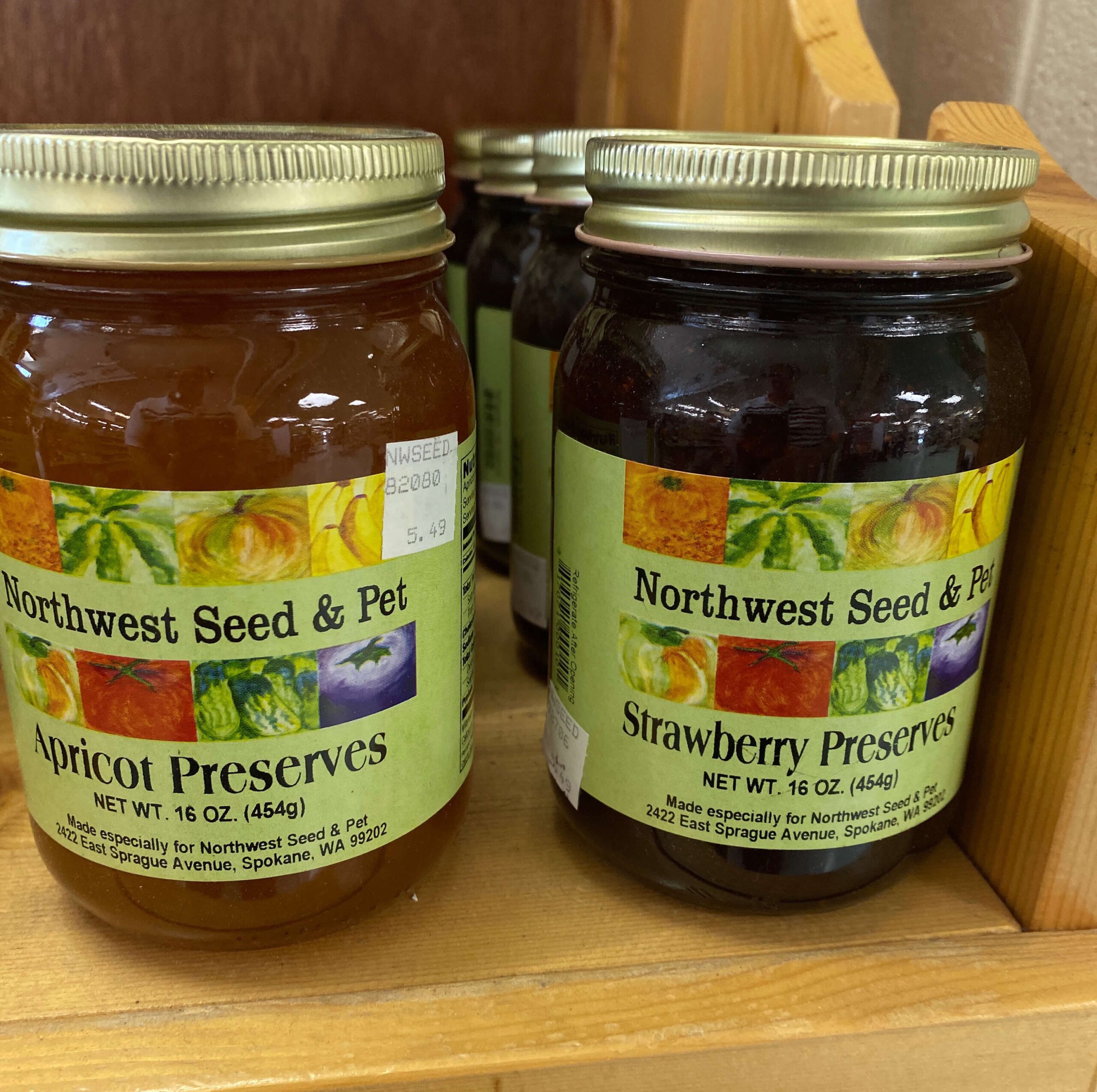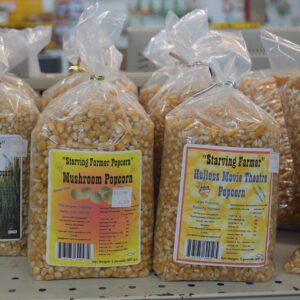Organic Gardening
All you need to know about
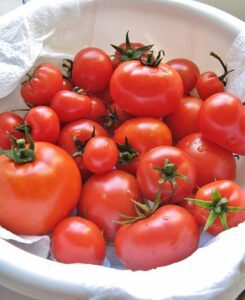
PublicDomainPictures / Pixabay
As more and more products labeled “natural-organic” become available, many gardeners are asking the question, “What is organic gardening”? In an organic garden, the soil is the foundation of a healthy ecosystem. That is why organic gardeners feed the soil and not the plant. The soil then serves as the reservoir for water and the vital nutrients that the plant requires for growth.
By feeding our soil (making regular additions of organic matter) we create an environment that fosters the growth of vigorous, vibrant, and nutritious plants. Plants are allowed to grow at their natural rate (not pushed along by synthetic fertilizers) and they therefore develop a higher resistance to attacks by insects and diseases.
By creating diversity in our gardens, such as planting flowers in vegetable gardens, we attract beneficial insects and other life into the garden to maintain an appropriate equilibrium.
In time we learn to accept a few holes in the leaf, the occasional slug or snail, the presence of weeds, as signs that the garden is robust, vital, and self-sustaining. As a result, we can vastly reduce the chemical dependency many gardens have unwittingly developed.
Organic gardening has several basic principles that provide the foundation for its success:
1.Learn to live with nature, not in confrontation with it.
2.Promote diversity within the garden. It is through this diversity that nature achieves stability.
3.Grow plants in environments to which they are best suited.
4.Feed the soil, not the plant. It is the health of the soil that ensures a plant’s vigor.
5.Return to the soil as much as you take out.
6.Think of the garden as a total system.



